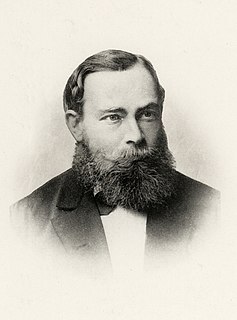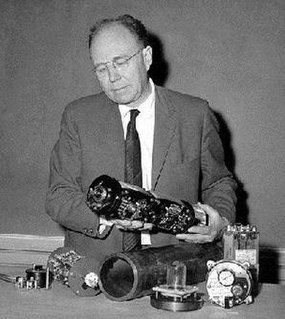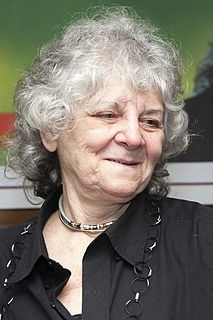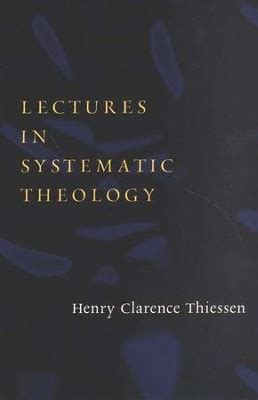A Quote by Willie Soon
Related Quotes
[The scientist] believes passionately in facts, in measured facts. He believes there are no bad facts, that all facts are good facts, though they may be facts about bad things, and his intellectual satisfaction can come only from the acquisition of accurately known facts, from their organization into a body of knowledge, in which the inter-relationship of the measured facts is the dominant consideration.
'Facts, facts, facts,' cries the scientist if he wants to emphasize the necessity of a firm foundation for science. What is a fact? A fact is a thought that is true. But the scientist will surely not recognize something which depends on men's varying states of mind to be the firm foundation of science.
I edit as I go. Especially when I go to commit it to paper. I prefer a typewriter even to a computer. I don't like it. There's no noise on the computer. I like a typewriter because I am such a slow typist. I edit as I am committing it to paper. I like to see the words before me and I go, "Yeah, that's it." They appear before me and they fit. I don't usually take large parts out. If I get stuck early in a song, I take it as a sign that I might be writing the chorus and don't know it. Sometimes,you gotta step back a little bit and take a look at what you're doing.
People take it for granted that the physical world is both ordered and intelligible. The underlying order in nature - the laws of physics - are simply accepted as given, as brute facts. Nobody asks where they came from; at least not in polite company. However, even the most atheistic scientist accepts as an act of faith that the universe is not absurd, that there is a rational basis to physical existence manifested as law-like order in nature that is at least partly comprehensible to us. So science can proceed only if the scientist adopts an essentially theological worldview.
I am beginning to believe that nothing can ever be proved. These are honest hypotheses which take the facts into account: but I sense so definitely that they come from me, and that they are simply a way of unifying my own knowledge. Not a glimmer comes from Rollebon's side. Slow, lazy, sulky, the facts adapt themselves to the rigour of the order I wish to give them; but it remains outside of them. I have the feeling of doing a work of pure imagination.
The Bible is to the theologian what nature is to the scientist, a body of unorganized, or only partly organized facts. God has not seen fit to write the Bible in the form of a systematic theology; it remains for us, therefore, to gather together the scattered facts and to build them up into a logical system.



































